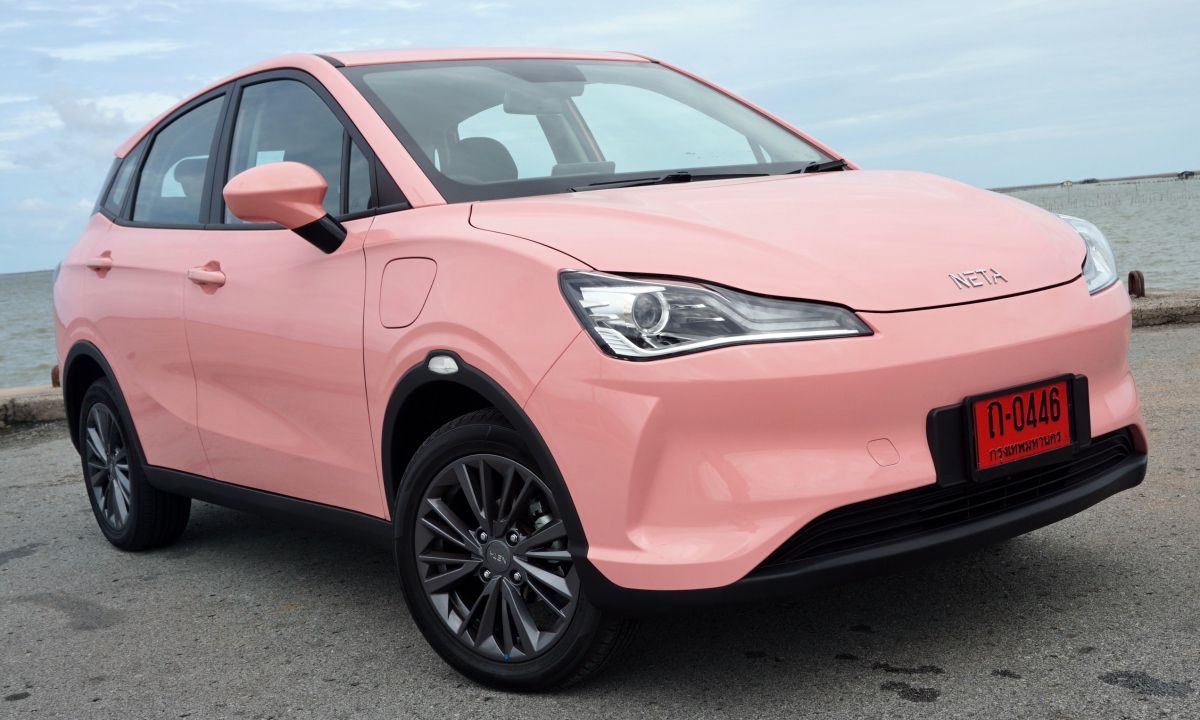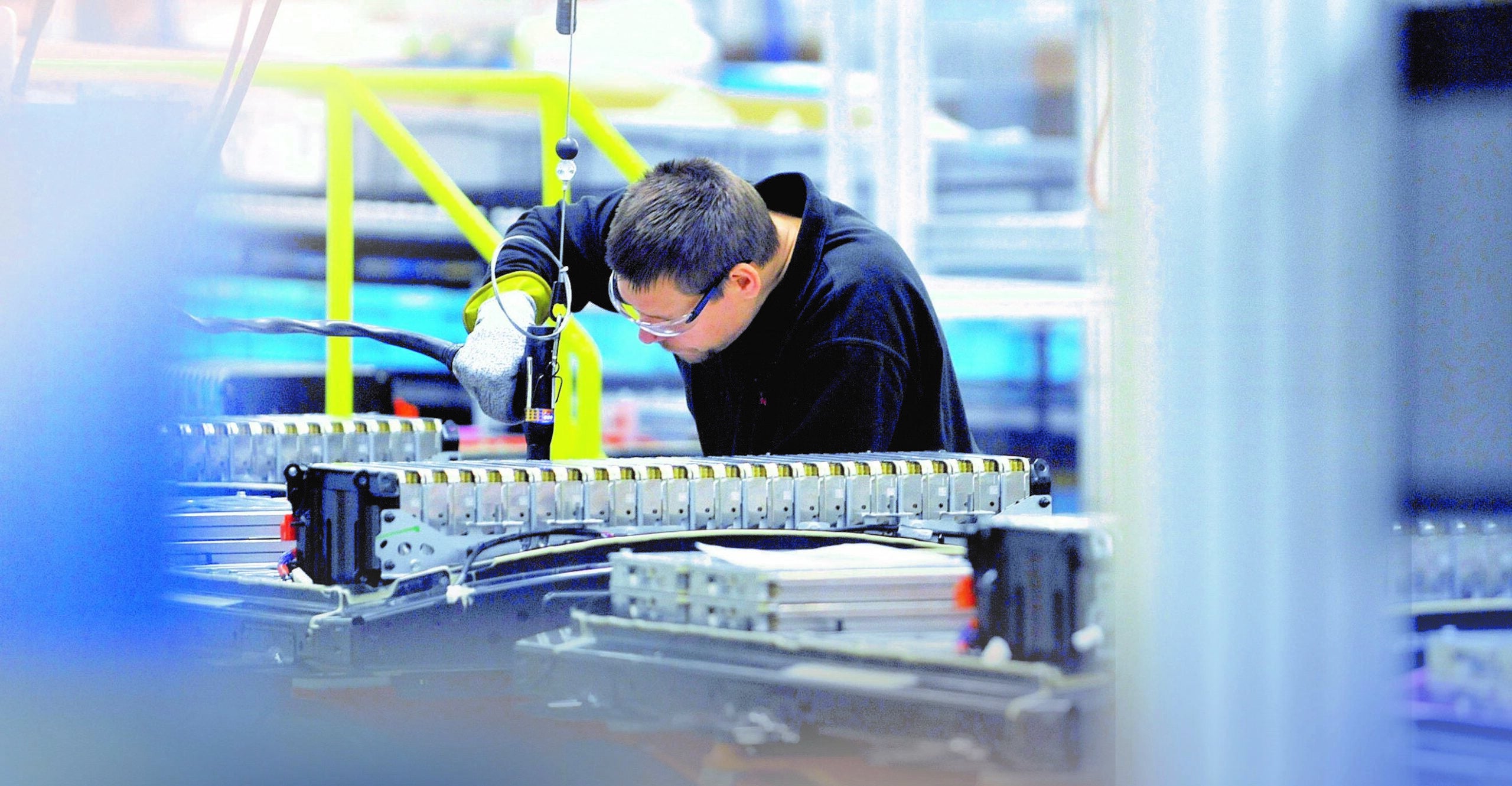More and more electric vehicle makers are eyeing Thailand for the next EV push, believing that attracting foreign investment would remain a constant priority of any Thai administration. The chamber’s head, Narongsak Puttapornmongkol, told reporters at the 16th World Chinese Entrepreneur Convention (WCEC).
More than 4000 entrepreneurs of Chinese heritage from over 50 countries attended the three-day convention, which concluded on Monday. According to Narongsak, at least 500 million baht will be circulated in Thailand, as the majority of them intend to travel there.
In the May 14 election, Thailand’s opposition parties defeated the pro-royalist military establishment, although the new government has yet to be created. Political uncertainty is causing some concern in the public and private sectors.
Electric vehicle makers like China’s Hozon New Energy Automobile Co, which has been in Thailand since March, has set a target of selling 15,000 electric vehicles in Thailand by 2023, accounting for half of its international revenue.
“We will establish our own parts and accessory factory, as well as in-house research and development on key parts,” stated Fang Yunzhou, Chairman of Hozon Auto New Energy Co, at an event sub-forum.
Neta, a subsidiary of Hozon Auto electric vehicle maker, has begun construction on its first production facility outside of China. The Bangkok facility will be operational in January 2024.
The new plant will serve as Neta’s primary manufacturing and export facility for right-hand drive electric vehicles to ASEAN countries.
Chinese EV manufacturers are competing on what happens inside the vehicle. Neta, according to Fang, includes important technologies such as smart control, smart cabin, self-driving, and internet of cars.
“Chinese firms come to Thailand because they find a low-risk, stable, and friendly environment with cheap and high-level industrial competency.” In a separate interview, Joe Horn-Phathanothai, CEO and founder of Strategy613, stated.
GAC AION sent an investment commitment letter to Thailand’s East Economic Corridor Policy Committee in April. The Chinese EV manufacturer plans to establish its first foreign presence in Southeast Asia’s second largest economy. Chang’an Auto also announced a 9.8 billion baht investment in a Thailand factory that will make 100,000 electric vehicles per year.
The Thai government hopes that by 2030, electric vehicle production will account for roughly 30% of total auto output. According to surveys, EV manufacturers sales in Thailand will increase to about 10,000 units in 2022, up from fewer than 2000 units in 2021. In 2023, the sales volume is predicted to double.
The electric vehicle struggle has spread to the supply chain. Last December, Gotion High-tech Co, a Chinese battery producer, launched a joint venture with Thailand’s PTT group to develop a facility producing lithium-ion batteries for electric vehicles.
Meanwhile, Thai authorities are in talks with China-based CATL, the world’s largest EV battery manufacturer, and others to develop production facilities in Thailand to support Thailand’s ambitions to become an EV production hub.
Though investment from China has increased in recent years as a result of Thai government incentives for new energy businesses, Japan remains the top foreign direct investor in the first five months.
According to data from the Board of Investment, Thailand received a total of 45.392 billion baht in foreign investment from January to May 2023, with Japan receiving the greatest sum of 15.873 billion baht. China and Singapore came in second and third, with 11.479 billion baht and 6.356 billion baht, respectively.
The biennial WCEC began in 1991, with the most recent iteration taking place in London in 2019 before a pandemic break. Thailand previously hosted the event in 1995, and it will do it again this year.
The meeting’s goal is to promote trade and investment for win-win partnerships that will assist the Thai economy recover fast from the COVID outbreak, according to Narongsuk.
Overall, it appears that the Thai government’s incentives for new energy businesses have successfully spurred Chinese and other countries’ investment. It remains to be seen whether Thailand can meet its target of producing 30% of total vehicle production from EVs by 2030. Nonetheless, the growth of Thailand’s EV business is going to be an interesting issue to follow in the future years.
⚠ Article Disclaimer
The above article is sponsored content any opinions expressed in this article are those of the author and not necessarily reflect the views of CTN News





